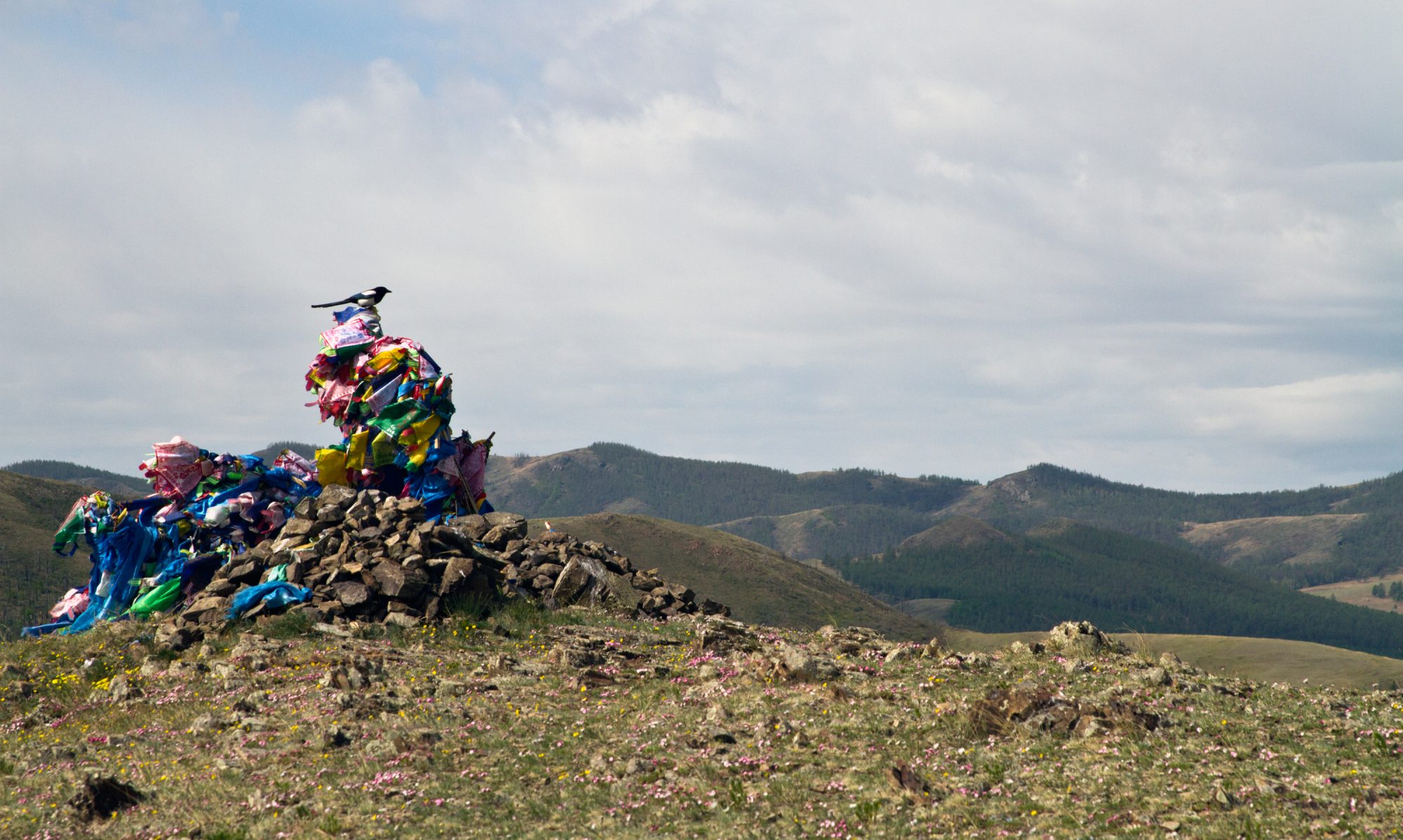Learning a language is a neat trick. I’m not sure I understand how it’s done. I’ve done it before, but I don’t think I quite caught myself in the act, I don’t know the trick of the trick. I can speak French with some confidence and read without a dictionary, although when I took French in high school, I did poorly at it, understanding very little.
However when I got to college I found I could read it and understand it, and even do it for pleasure. However, then I didn’t know how to speak it, and I had little confidence I would ever learn. But after a week or so of exposure, I found I could use it for any of my needs, I could communicate about myself and who I was, and I could understand what was communicated to me.
The same thing happened with Russian; more quickly than I myself noticed, I went from understanding and knowing little, struggling to put letters together into words, to being comfortable expressing myself in a range of settings with this new instrument: like using a pen that is at first unfamiliar and then seems to recede into your hand and be only an extension of it; and then when I began to read, I found with time I could read it, and enjoy reading, and lose myself in a book. And it happened at a different speed than I experienced it, I was talking above my level, or making elementary mistakes without noticing after a long period of having an advanced skill.
I don’t think applied study is the answer. It’s not like learning facts. It isn’t simply repeated exposure either, I’ve been exposed to much that I haven’t learned the first thing about. It’s more like: there’s a tug of war between what you’re hearing and what you’re trying to express. You hear something new, and understand it, you try to put it in your speech. You try to say something new, fail, and then you suddenly hear how it should be said. It’s a triangular tug of war, in the back and forth see-saw, you drift slowly towards knowledge. As you hear better you speak better, as you improve how you speak you begin to hear things you had not heard before.
I haven’t ever really applied my self to learn, successfully. It’s a knack you get from repeated practice, but taking it faster than it wants to go is only going to frustrate me, and intimidate me. I started Armenian less than a week ago; I haven’t learned the alphabet yet, but I know a few phrases, some of the grammar is starting to become clear; I can tell an infinitive from a participle, and I know a few pronouns. I can’t hear the difference between the aspirated and unaspirated letters yet, and I don’t know anything about its conjugations, tenses, or declensions, but these things will come in time. I look a little, I listen a little, daily, without goals or any intentions.
It might be a little like getting to know a person: it’s only accomplished over time. You recognize their face first, you get to know thing slowly about their style, you see their face in only a limited range of expressions, then over time you come to know them better, only if you try to get to know someone as a deliberate project, they are more likely to hide themselves from you, hide what is essential to them, and make the process longer.
